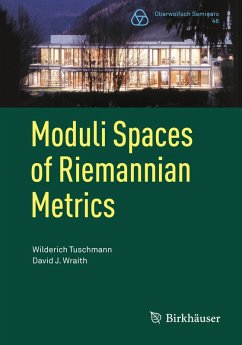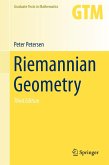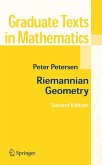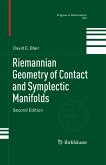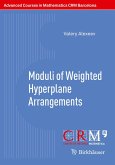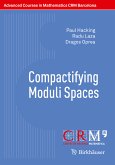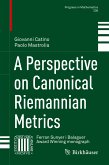Dieser Download kann aus rechtlichen Gründen nur mit Rechnungsadresse in A, B, BG, CY, CZ, D, DK, EW, E, FIN, F, GR, HR, H, IRL, I, LT, L, LR, M, NL, PL, P, R, S, SLO, SK ausgeliefert werden.
"The interplay between analysis, geometry, and topology is clearly laid out in this book; analytic invariants are constructed to elucidate the structure of geometric moduli spaces. The book is an elegant and concise introduction to the field that puts a number of discrete papers into a coherent focus. ... A useful bibliography of the subject appears at the end." (Peter B. Gilkey, zbMATH 1336.53002, 2016)

